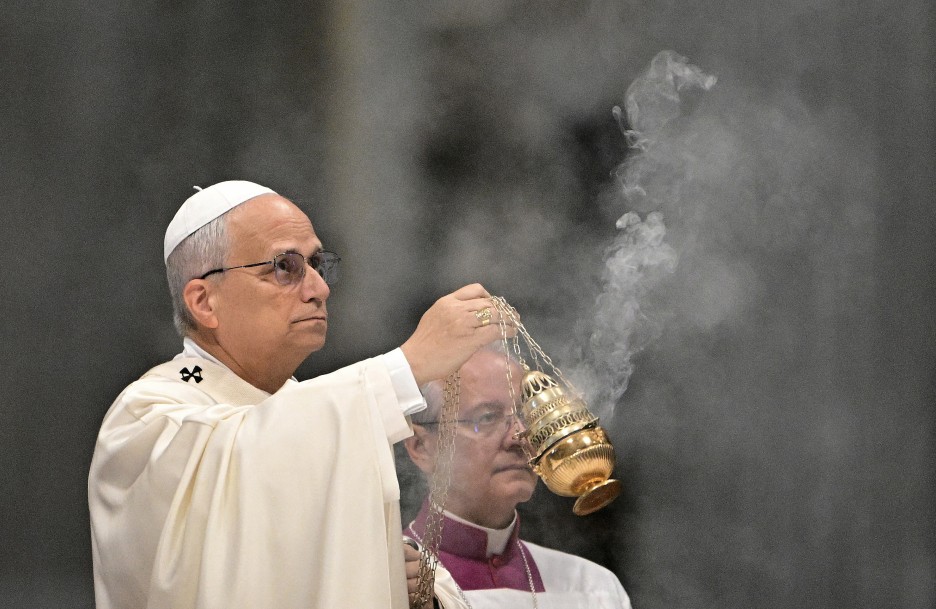Why Pope Leo May Never Touch His $33K a Month Salary but Lives in Full Luxury

With a monthly salary of approximately $33,000, Pope Leo XIV, the newly elected leader of the Roman Catholic Church, will likely never use it, according to insiders and church norms.
Despite a generous salary and a host of other financial perks, the 69-year-old pontiff — whose real name is Cardinal Robert Francis Prevost of Chicago — will have almost all his needs provided for by the Vatican, including housing, meals, transportation, and medical care.
The day-to-day living of the Pope is financed by Church money as they are the head of the Roman Catholic Church and the Vatican City State and spiritual head to 1.4 billion Catholics globally. His ecclesiastical attire, travel, health care and even laundry are arranged and funded by the Vatican administration.
He is also granted access to a fleet of vehicles, multiple official residences, and a discretionary budget for charitable donations.
Although he is technically entitled to a five-figure monthly income, Pope Leo appears to be following the example set by his predecessor, Pope Francis, who rejected any personal salary for the entire time he was pope — from 2013 to 2025.
"Despite being technically entitled to the loot, the Pope has declined to take the wage – just like his predecessor," a source told Radar Online. "But he still lives in total luxury."
Pope Francis was famous for his modest lifestyle, opting to reside in the Domus Sanctae Marthae guesthouse and not the sumptuous Apostolic Palace. The Argentine pope, born Jorge Mario Bergoglio, also refused personal financial compensation, offering a 21st-century model of papal humility.
Pope Leo will oversee large Church funds, including the annual Peter's Pence collection, which generates more than $25 million from Catholics worldwide to support papal missions and charitable work.
Although Pope Leo could opt to redirect his salary to charity, the Vatican has not released any official statement regarding how the funds will be handled under his leadership.
Potential US Tax Trouble
While Pope Leo now serves as the Vatican head of state, his American citizenship could raise complications with the Internal Revenue Service.
"US tax law claims the right to tax all citizens on their worldwide income," said Edward A. David, assistant professor in the department of theology and religious studies at King's College London. "There is no blanket exception for religious personnel nor for people who are diplomats/head of state for foreign countries such as the Vatican."
Whether Pope Leo will be required to file a U.S. tax return remains unclear. Tax experts note that it may ultimately depend on whether American authorities choose to enforce taxation rules for the pope, or treat him as exempt due to his diplomatic and religious status.
© 2026 Enstarz.com All rights reserved. Do not reproduce without permission.





